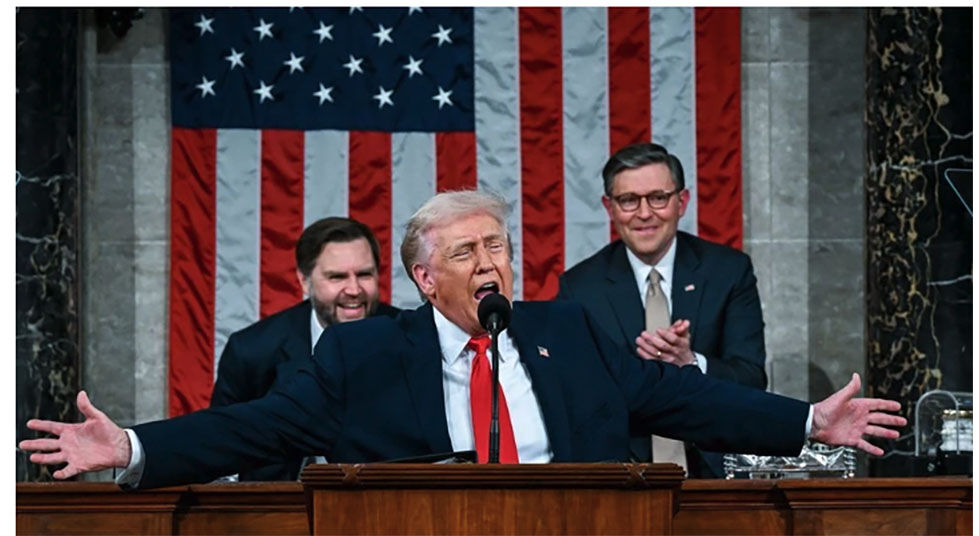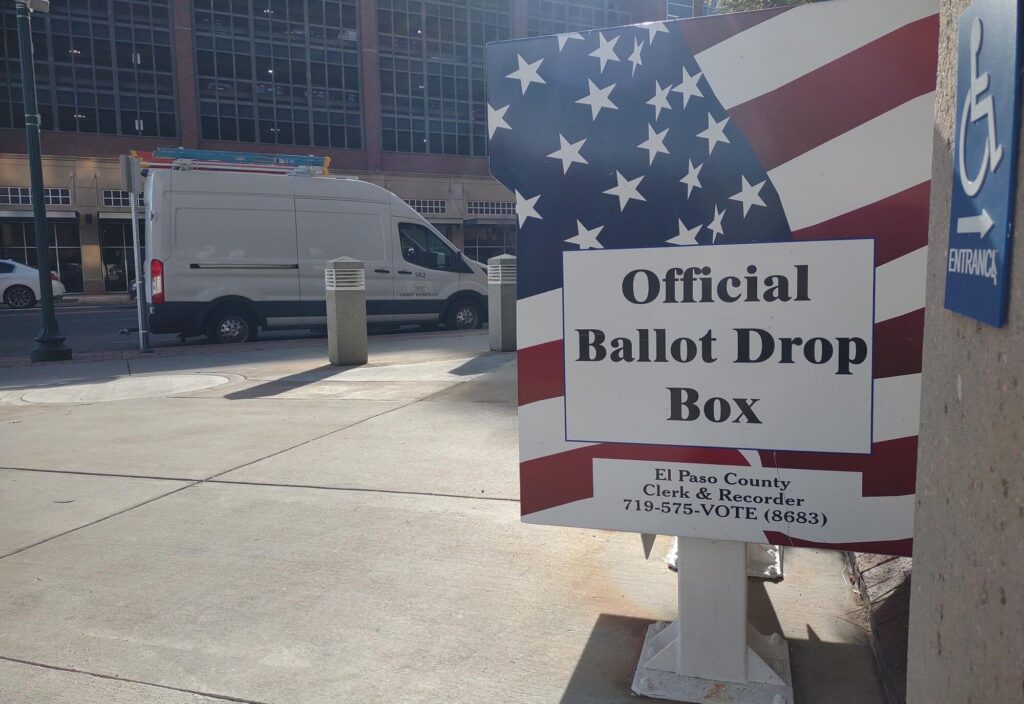McCann: Sessions’ federal sentencing directive ‘disturbing’
Denver District Attorney Beth McCann, Breckenridge District Attorney Bruce Brown and Boulder District Attorney Stan Garnett are among close to 30 current and former local and state prosecutors to oppose a recent directive from U.S. Attorney General Jeff Sessions that instructs federal prosecutors to charge, pursue and seek the longest possible sentences for the “most serious, readily provable offense.” The directive defined those offenses as ones that “carry the most substantial guidelines sentence, including mandatory minimum sentences.”
In a letter to Sessions, the prosecutors called the charging and sentencing policy for the U.S. Department of Justice an “unnecessary and unfortunate return” to past practices.
While the attorney general has no direct control over local prosecutors like McCann, “national directions to federal prosecutors affects how people think of criminal justice reform,” she told The Colorado Statesman.
“It’s disturbing to those of us who want to see criminal justice reform when the federal government says it’s always going to file the most serious charge,” McCann added. “It detracts from the discussions going on in Washington, D.C. and in Denver, where I know there has been even more thorough discussions about how we should prosecute cases.”
McCann said while there will always be cases that should be prosecuted for the longest possible sentence, other cases are more suited for treatment or probation.
“So we keep the people out of the system that don’t have to be in prison for long periods of time,” she added.
McCann said local prosecutors don’t issue similar directives, but she has spoken to all her staff since taking office in January and explained her vision and goals regarding prosecution. McCann said the overall approach is not that much different from her predecessor, Mitch Morrissey.
McCann said one change is the formation of a juvenile crime unit, focused on mental health and early intervention to keep youth out of the prison system. Deputy district attorneys also appear at first advisement hearings, McCann added, to help the judge decide the best way to proceed with each case.
Sessions’ order to federal prosecutors, while not applicable to state or local prosecutors, “means we have the nation’s top federal prosecutor taking a stance that is counter to what we’re trying to do” with criminal justice reform, McCann stated.
A bipartisan group of U.S. senators and representatives, led by Sens. Rand Paul, R-Ky., and Patrick Leahy, D-Vt., have introduced legislation to counter Sessions’ directive. The legislation would allow federal judges to tailor sentences on a case-by-case basis and was introduced in the last Congress. But, as a then-U.S. Senator, Sessions led the opposition and the bill died.
McCann and other current and former elected state and local prosecutors from around the nation signed an open letter that expressed “grave concerns” with the recent directive from Sessions.
In the letter, they caution that the directive marks an “unnecessary and unfortunate return to past ‘tough on crime’ practices that … don’t enhance or promote the safety of our communities.”
“… We now know [these practices] simply don’t enhance or promote the safety of our communities,” the letter reads. “There is no empirical evidence to suggest that increases in sentences, particularly for low-level offenses, decrease the crime rate. Instead, we know that in many instances contact with the justice system exacerbates the likelihood of future criminal conduct and that the deterrent effect of long-term prison sentences is questionable at best.”
The letter also noted national crime rates are near all-time lows, down more than 50 percent from their 1991 peak, to levels the country has not experienced since 1970.
The bipartisan list of signers come from several states, large cities and smaller localities, represent over 30 million Americans from 17 states plus the District of Columbia. Their letter stressed a commitment to “prioritizing the safety, fair treatment and dignity of all members of our community” and to “undertake innovative approaches that promote public safety and fairness.”
Others who signed the letter include District Attorneys Cy Vance (Manhattan), Kim Ogg (Houston), Mark Dupree (Kansas City), George Gascon (San Francisco), Sherry Boston (Atlanta), former DA Gil Garcetti (Los Angeles) as well as Attorneys General Karl Racine (Washington, D.C.), Ellen Rosenblum (Oregon) and T.J. Donovan (Vermont).
Fair and Just Prosecution, a 501(c)(3) group that works with prosecutors around the nation committed to criminal justice reform, developed the letter. The group is funded by a two-year, $1.5 million grant from the Open Philanthropy Project.










